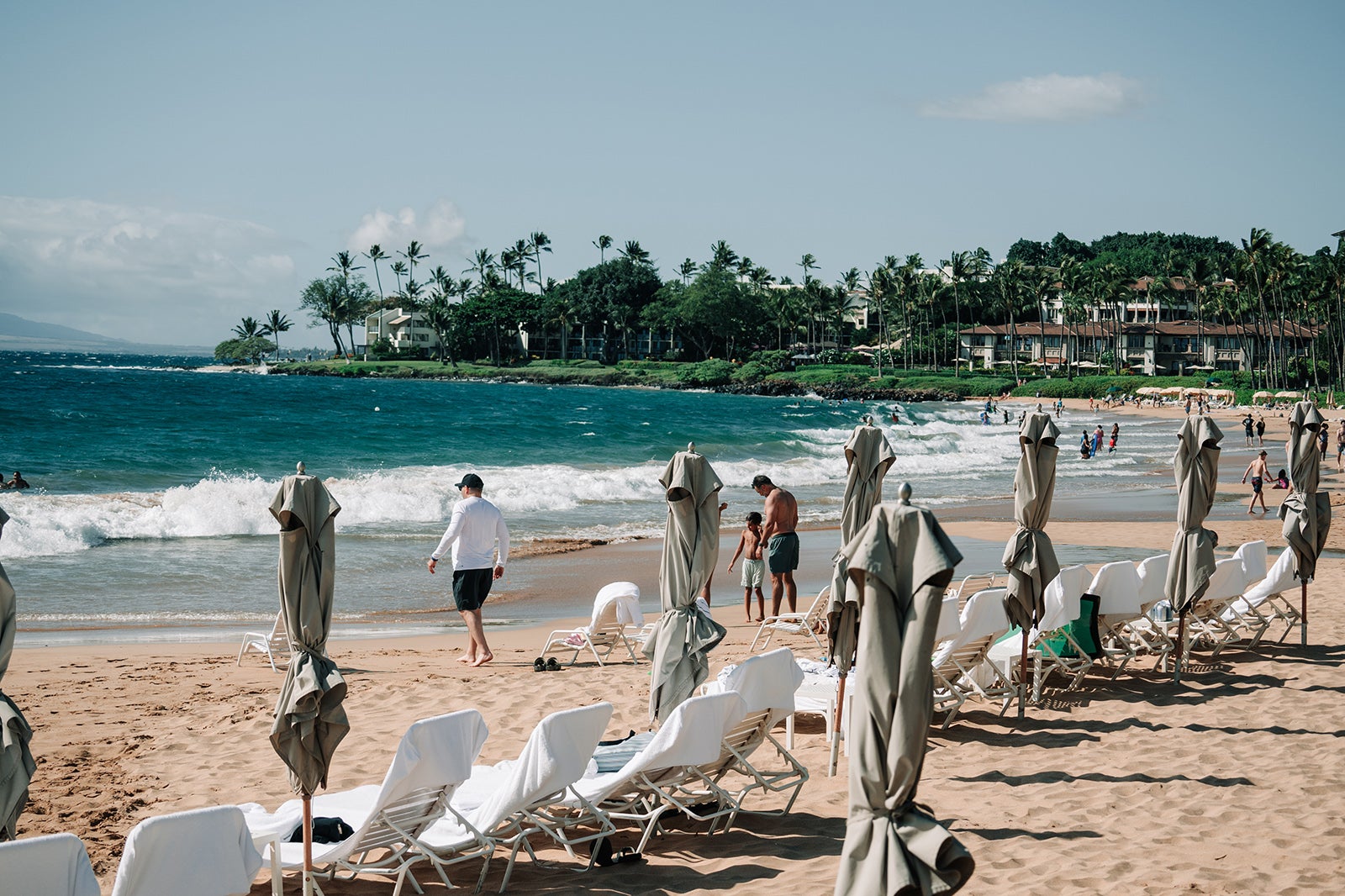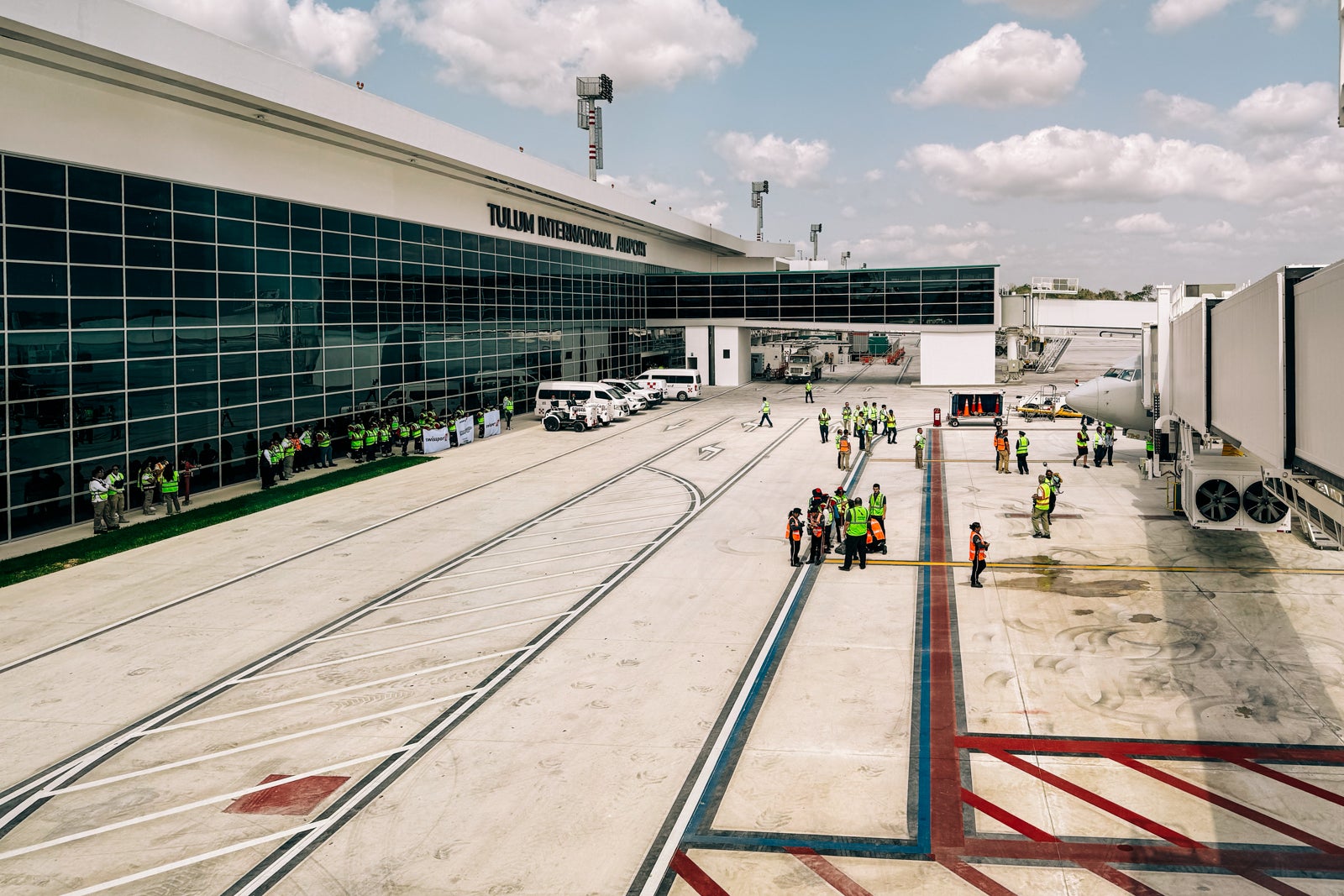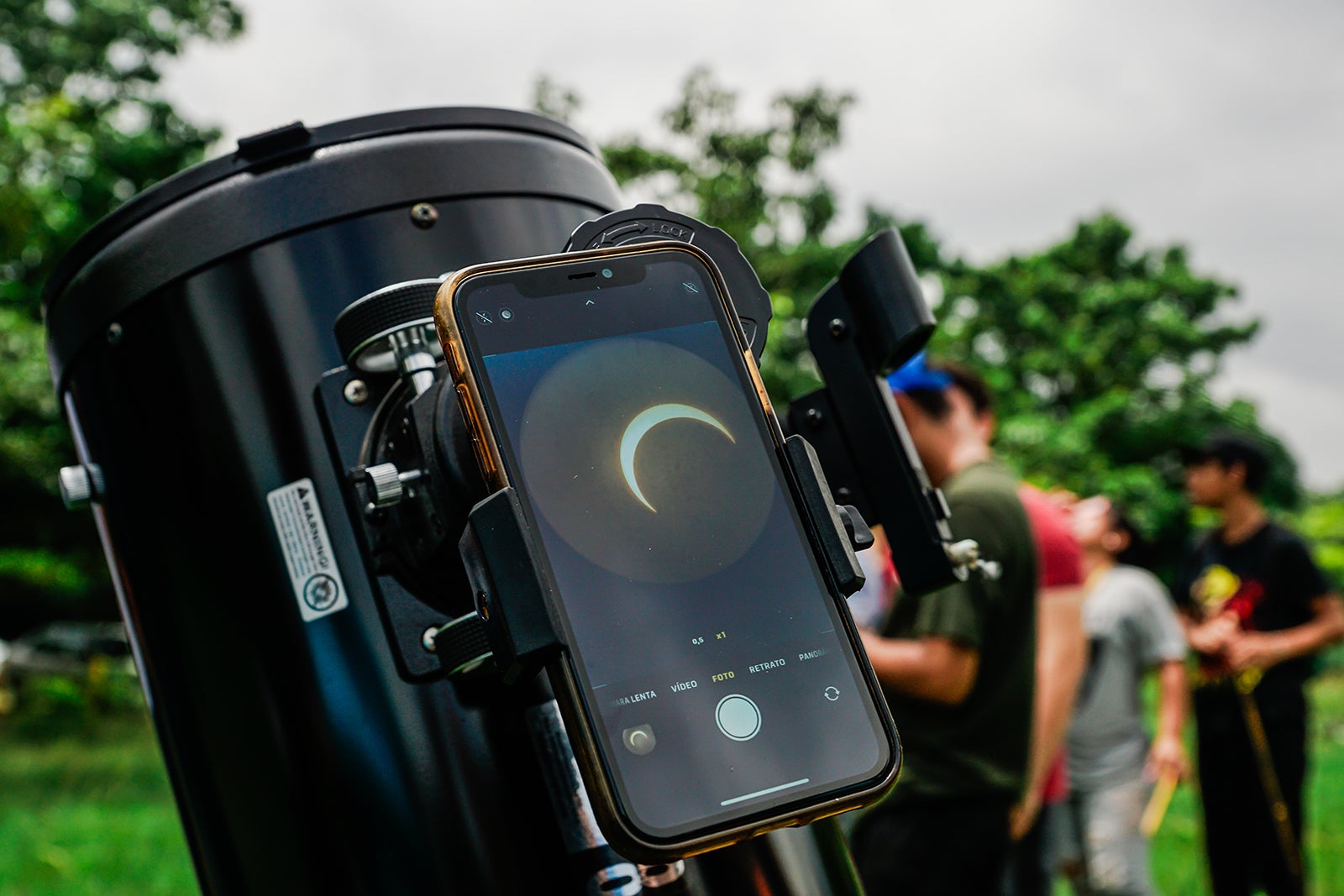The state of Hawaii has elevated its tax on lodging, together with for inns and different short-term leases, intending to use the income generated to handle climate change.
Starting Jan. 1, 2026, Hawaii will improve the state’s Transient Accommodation Tax from 10.25% to 11%, in accordance to the governor’s workplace. Each county might also impose an additional 3% tax, which Gov. Josh Green stated they’ll do, bringing Hawaii’s whole TAT to 14%.
The elevated tax — dubbed “the green fee” and handed within the wake of the devastating wildfires that swept throughout Maui — is predicted to elevate $100 million per 12 months. In a video handle, Green known as the rise “a true legacy moment,” and added that the “impact of travel to Hawaii will cover our needs as we deal with climate change and superstorms and all of the things that we have known to be true after the wildfires.”
Green stated in a press release he intends to signal the invoice into legislation.
“Hawai’i is truly setting a new standard to address the climate crisis, and I want to thank lawmakers for their unrelenting work these past two years in bringing this to fruition,” Green added.
In addition to elevating the tax on transient lodging, the laws features a new 11% tax on cruise ship payments, which might be prorated relying on how lengthy a ship is in Hawaiian ports, in accordance to the Associated Press.
Daily Newsletter
Reward your inbox with the TPG Daily publication
Join over 700,000 readers for breaking information, in-depth guides and unique offers from TPG’s consultants
Hawaii is not alone in elevating its tax on lodging. San Diego equally elevated its personal Transient Occupancy Tax on May 1, establishing three frequently growing tax zones starting from 11.75% up to 13.75% as vacationers get nearer to the San Diego Convention Center. That measure is meant to handle points like homelessness and fund road repairs, the San Diego Tourism Authority informed The Points Guy.
The precise impression such increases have on tourism could also be troublesome to monitor, Joseph Marinelli, the president and CEO of Visit Savannah, informed TPG. The Georgia metropolis elevated its personal hotel tax from 6% to 8% in 2023.
Marinelli stated there are a lot of components that impression tourism, “including macroeconomic headwinds and tailwinds that [affect] the overall travel industry, as well as local new developments like hotels [and] attractions, plus how we optimize our marketing spending to be more and more effective each year.”
In 2021, Tacoma, Washington, applied a small hotel tax improve of one-tenth of 1% aimed toward supporting housing providers. The resolution hasn’t actually affected bookings, Matt Wakefield, the chief advertising and information officer for Visit Tacoma-Pierce County, informed TPG.
“We’re already a budget-friendly spot in a fairly expensive neck of the woods in terms of hotels, so it doesn’t really alter the calculus for value-focused groups and individual leisure travelers,” Wakefield stated.
But in Durango, Colorado, elevating the tax has had the alternative impact. The metropolis raised its Lodgers’ Tax from 2% to 5.25% in April 2021 and the price range for tourism and advertising elevated. Following that, Visit Durango informed TPG the town truly noticed occupancy charges improve by 3% in 2022 in contrast to 2021.
Related studying:



